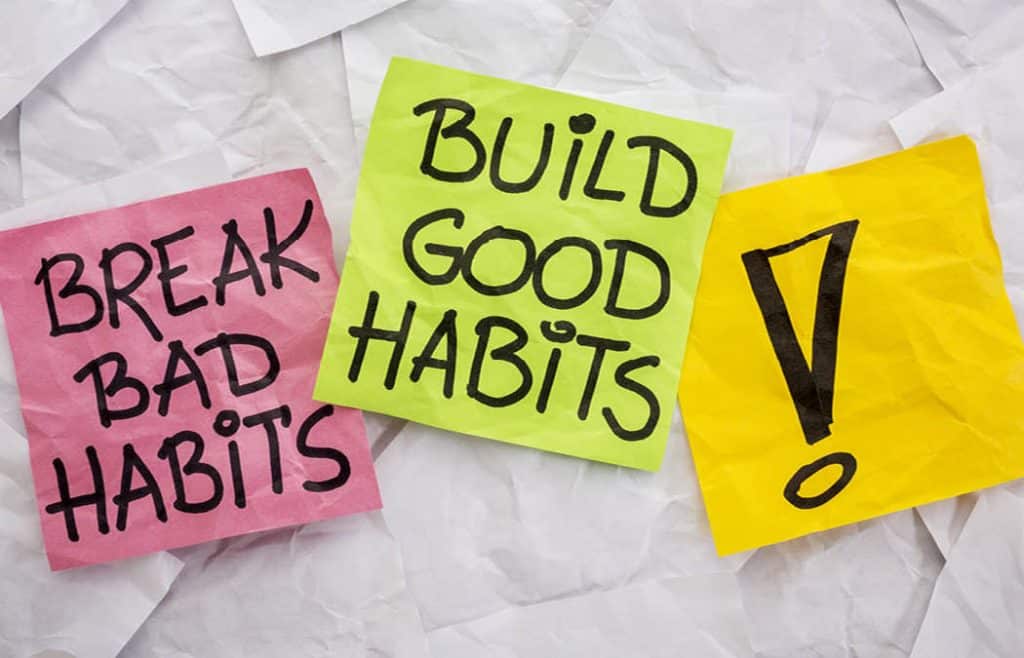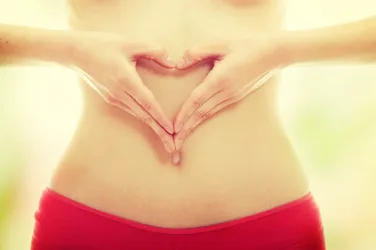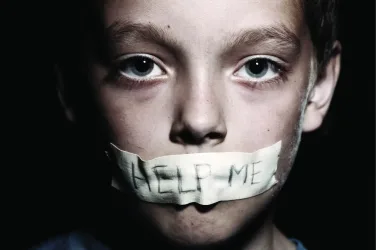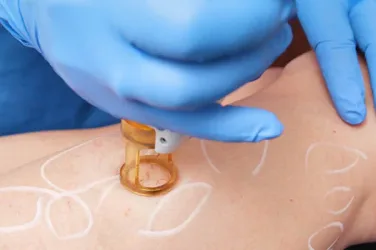Beating everyday addictions
 Most of us have a few habits that we know aren’t the best, but that we indulge in anyway. Smoking, overeating, too much caffeine, too much Facebook… we tell ourselves that we earned them, that we deserve it, or that we’re just relaxing after a stressful day. At the same time there’s a part of us that also says “next week I’ll do better,” or “I’ll stop smoking after this big project at work.” Of course, we never seem to quite get around to it.
Most of us have a few habits that we know aren’t the best, but that we indulge in anyway. Smoking, overeating, too much caffeine, too much Facebook… we tell ourselves that we earned them, that we deserve it, or that we’re just relaxing after a stressful day. At the same time there’s a part of us that also says “next week I’ll do better,” or “I’ll stop smoking after this big project at work.” Of course, we never seem to quite get around to it.
This is the classic pattern of addiction. We tend to think of addiction in terms of serious alcohol or substance abuse, but the fact is that we can be addicted to all sorts of things. An addiction is a seemingly uncontrollable urge to do something, particularly when that compulsion interferes with your quality of life, or harms you or your relationships. I suspect if we were honest, we would acknowledge that the most common addictions in the United States today are things like Internet usage, sugar, and overeating.
There is a basic structure to these addictions, known as “cue, habit, reward.” The research into this structure is not new, but it was popularized by Charles Duhigg in his 2012 book The Power of Habit.
First, there is a cue, or trigger, that nudges you towards what you’re addicted to. For example, for a smoker, getting into the car to drive home from work might be the cue. It means the work day is over, and it’s time to smoke a cigarette to decompress. That is the second step: the familiar pattern or routine that you follow. For our smoker, that’s the pattern of tapping out a smoke and lighting up. Once you follow the cue and engage in your habit, the third and final part of the process occurs when your brain releases a neurotransmitter known as dopamine, which creates both a feeling of pleasure and a memory of that pleasure that primes your brain to repeat whatever it was that caused it. The habit is reinforced, and then cycle begins again.
Some other triggers might be walking past the break room (cue to grab a donut) or something as simple as feeling bored in line at the grocery store (cue to pull out the iPhone). But these habits can, and often do, have adverse effects on our health and on our relationships.
We want to stop—or at least be in control of deciding when and if we do those things—but it’s extremely difficult.
The truth is, it is extremely unlikely that you will be able to stop by sheer force of will. Having to consciously fight against the urge to smoke, or have a bite of chocolate every time you want will leave you exhausted and burned out, and most people find themselves back at square one before long.
Instead, look for ways to break the cue-habit-reward cycle. Take note of the circumstances in which you find yourself doing the thing you want to quit. If you are trying to quit mindless eating, for example, take a week or two to pay attention and write down when and where you tend to eat mindlessly, and then find the patterns. Maybe it happens when you watch TV or use the computer. Take a couple weeks to pay attention and identify your personal cues or triggers.
If you can cut the cue itself out of your life, all the better. Someone who stops for a snack on their way home from work every day might choose to adjust the route they drive to avoid driving by that fast food restaurant. The new route doesn’t contain the cue to stop for food, and suddenly the habit is easy to break without even trying.
If the cue is unavoidable (getting into the car, walking past the cupboard, feeling stressed out), replace your addiction with something else. Don’t try to just simply break it with no plan. That is, if you want to stop drinking soda, don’t just drink nothing—replace it with seltzer water, perhaps with a few drops of flavoring. If you want to stop mindless eating, replace your chips and popcorn in front of the TV with a simple activity that keeps your hands busy, like knitting or coloring. If you want to stop eating or smoking to cope with stress, actively choose some things to use as stress relief instead, like taking a bath, going for a walk, or listening to music.
Finally, don’t be too harsh on yourself. Even these “everyday” addictions are hard to beat. If you find yourself slipping back into a pattern you’ve been working to change, don’t decide that you’re a failure and give up entirely. Instead, forgive yourself and figure out what happened. Were you tired, or lonely, or stressed? These are all common triggers for a relapse. Did you encounter a cue you hadn’t realized existed before? Pay attention and make a plan to deal with that new situation next time. Keep moving in the direction you’ve been headed, and you’ll be sure to achieve your goal.
Know the Difference
While many small addictions can be disrupted by changing habits, a serious substance abuse problem should not be tackled alone. Some red flags that you or your loved one may need help with addiction are:
- Sudden and radical changes in behavior, personality, or mood; becoming erratic or unreliable.
- Being unable to perform as usual in school or at work.
- Feeling or becoming defensive and/or aggressive when the substance abuse is brought up by a friend, family member, or coworker.
- Needing the substance to cope with life, and craving it frequently.
- Being unable to stop using on your own.
- Needing more of the drug or alcohol to get the same effect (developing a tolerance).
- Suddenly having problems and issues in relationships; becoming withdrawn or isolated.
If you are struggling with addiction, you are not alone. Please reach out to someone. One place to start could be 1-800-662-HELP (4357), a free, confidential, 24-hour helpline that offers information about addiction and addiction recovery and referrals to treatment options near you.
By Marie Pappas









